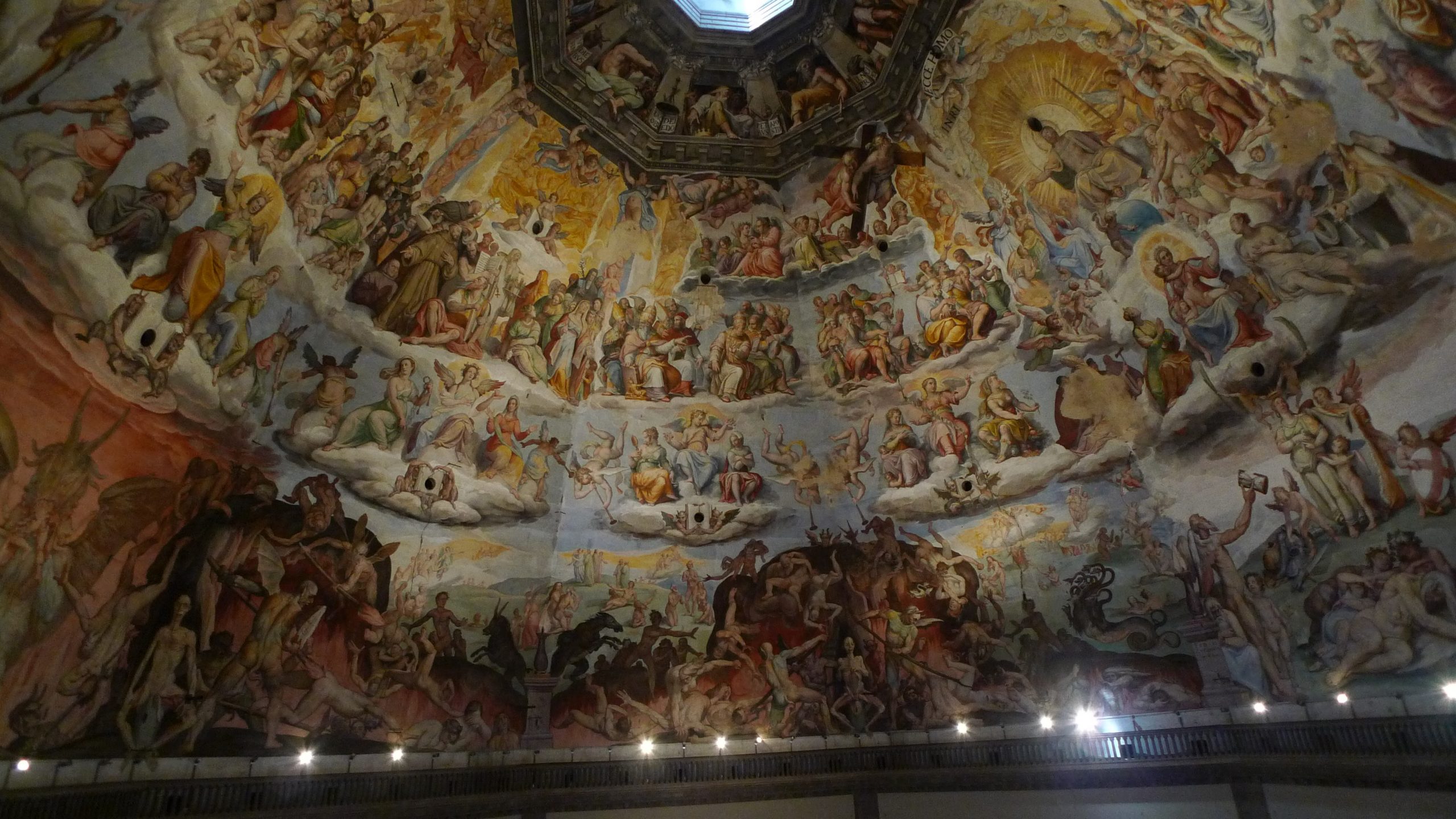
It’s a strange and disturbing thing that euthanasia is even being considered as an option by Christians.
The argument about the ethics of euthanasia is a distraction. For too long have Christians played into the assumption that euthanasia is an effective treatment for the problem of suffering. It’s time we Christians examined this celebrated solution to satisfying our deepest longings. Hell is a reality and euthanasia will be, for some, a guaranteed shortcut to that awful place.
We know that God can be trusted. We know that Christ has already played the winning move against Satan by His suffering on the Cross. We know the Good News is that we now have a choice between Heaven and Hell, and that Christ has invited us to His feast. We know all this about God through the same inductive reasoning we use to know anything scientifically. That is, we make and record observations (in Holy Scripture), we discern a pattern within the data through time (salvation history), and we rationally assume that pattern will continue along its promised trajectory unless evidence demonstrates otherwise.
So far, the world continues to operate as promised by Christ. He has been faithful for over 2,000 years. We Christians have history, personal and cultural experience, reason and the witness of Christ’s saints and martyrs on our side. We trust what God says about Himself and we are stubborn in believing what He has told us about life, death, and the offer of eternity with Him. We also take the reality of eternal suffering seriously. Or at least we used to.
The inside of il Duomo in Florence is painted in a beautiful, yet sobering fresco. Started in 1568 and not completed for another 11 years, the interior of the 45m-wide dome presents an image of The Last Judgement. If you’ve ever been close enough to bear the glorious force of it, you already bear the knowledge that one’s eternal destination is not to be assumed. Neither the majesty of Christ reigning in all His heavenly splendour, nor the bitter envy and hatred of the souls trapped in Hell, allow for complacency. I visited Florence as an atheist, but the impact of this vision stayed with me. It’s life or death.
“Neither the majesty of Christ reigning in all His heavenly splendour, nor the bitter envy and hatred of the souls trapped in Hell, allow for complacency.”
Visit a typical mainstream Christian church in Australia, America, or England today and you won’t hear much about Hell. For an ark that is meant to be a refuge from the buffeting gales of the World, the Flesh, and the Devil, you won’t even receive much in the way of moral certitude or guidance. The modern Church is adrift. Our priests are too often afraid of upsetting the delicate natures of the youth they hope will walk through the door, without having received so much as an invitation.
For the most part, Christians no longer think much about Hell. It’s truly a shame. Memento mori is an excellent phrase to ponder deeply. If we took seriously the teachings of the Church, we would press harder for souls to be saved. Concerned more as we are with not speaking the truth for fear of causing offense, we are content to forgo our striving for holiness and sanctity of life, instead opting for a rather mediocre Christian witness.
“Christians no longer think much about Hell. It’s truly a shame. Memento mori is an excellent phrase to ponder deeply.”
This being the state of moral and doctrinal teaching offered by Christ’s beloved Church, it’s no wonder that there exists not a small degree of support for euthanasia – and abortion – among Christian leaders. They have allowed their flocks to be led astray.
All that said, the core of my argument is this: if you’re thinking about euthanasia as a shortcut to end suffering, you’d better be pretty damned sure you’re going to Heaven. If you’re going to kill yourself, or voluntarily have yourself killed, it’s not a choice you want to misjudge. May God have mercy on all those who have taken this abominable path.
“if you’re thinking about euthanasia as a shortcut to end suffering, you’d better be pretty damned sure you’re going to Heaven!”
There is another philosophical problem that comes inherently bound to the condition of painful suffering. Pain limits our ability to think rationally. With a decision of such enormity, surely when we are suffering, we are not thinking reasonably. It is at this time that we need to be cared for, attended to, and made to feel as comfortable as possible through loving acts of kindness and respect for our dignity, even if we are contorted outside and in. Pain and suffering force us to seek many different solutions to the problem of escape. Suicide is one of these. I have been there – I have hurt so badly that I have wanted to die. No one would say that it is reasonable to commit suicide in the face of mental suffering, and yet we are willing to allow assisted suicide in cases of extreme pain.
I hate to think that any of us would be in a situation where our rational faculties would be limited or even permanently damaged. Even after the pain subsides, the memory of it, and the anticipation of more to come, clouds our judgment and can take control of our will. When we opt for euthanasia, it is not us who speaks, but the pain and fear who speak through us.
“When we opt for euthanasia, it is not us who speaks, but the pain and fear who speak through us.”
The desire for death is an irrational one. It is often mistaken for what truly lies underneath – the desire to pass through pain and fear into perfect comfort and release from suffering. It is not merely the instinct for survival that keeps us striving towards the goal, it is a determination to spend eternity with Our Blessed Lord, who loves us dearly and more fully than even our spouse ever possibly could. It is by disciplined attention to prayerfully receiving that grace, and not by our works, that the gift of His abundant mercy of the gift of eternal life is conferred. It is not possible to achieve the complete and perfect peace we seek by actively taking our own or another’s life.
Hell is real. Heaven is real. Euthanasia is nothing more than a shortcut to one or the other, not that the path will be much shortened!
Euthanasia is not a guaranteed end to suffering. I have no question that the motivation to legalise euthanasia is undergirded by the strong desire to be released from suffering. However, for the Government to consider euthanasia as an end to suffering is for the Government to take a metaphysical position that is not supported by evidence, history, nor by the beliefs and intentions of those who founded our nation, not to say anything of the spiritual beliefs of those peoples who, for tens of thousands of years, lived in communion with the land we call Australia.
The question of euthanasia is not one of suffering. It is one of metaphysical reality. Can we, the People, discern by vote whether suffering ends when we die? Be careful!
“Euthanasia is just another gamble.”
The truth about eternity, by definition, never changes. Even if you can find rational justification for why you or someone in your family should be killed upon request, you are no closer to acting in congruence with the truth by having done so. Even a particularly intense physical and existential experience of suffering bears no weight on the question of eternity. As hard as that is to hear, I am not writing this as a pastoral letter. This is a warning. Each of us has an eternal destiny and our decisions in this life play into where we will find ourselves after death.
Euthanasia is just another gamble.
Lord have mercy!


